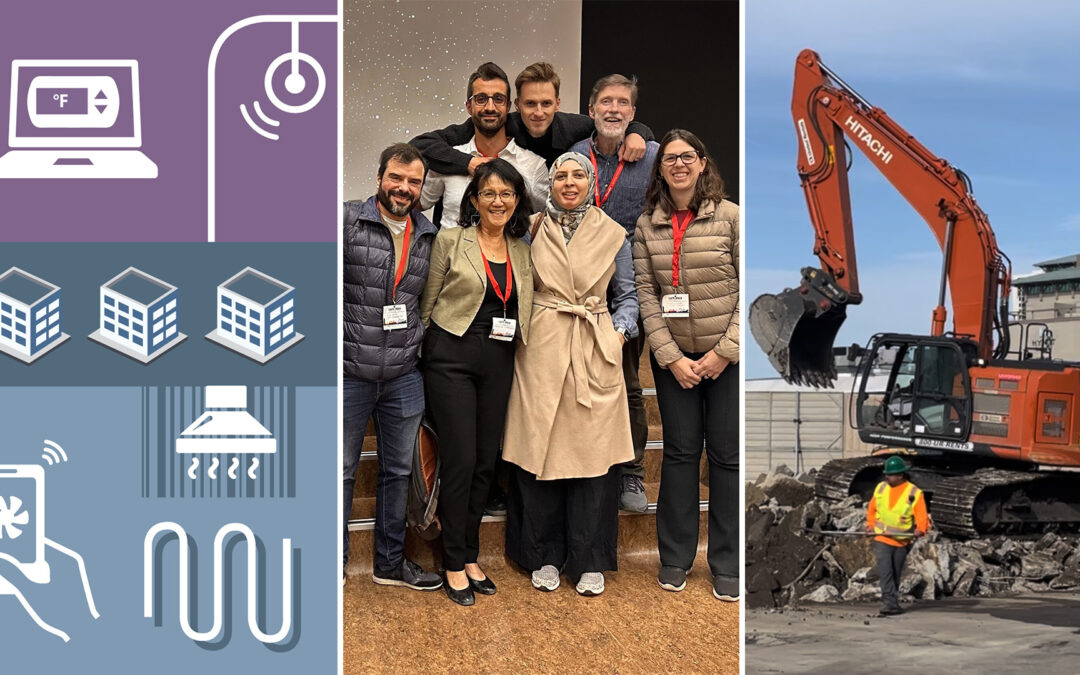
David Lehrer December 12, 2024
As we wrap up 2024, we are excited to share updates on recent work and also about upcoming events where our research team will share our results with broad audiences from industry and academia. Much of this work benefits from the invaluable contributions of our industry partners and research affiliates that include companies and academic institutions from around the world.
More

David Lehrer July 17, 2024
This summer five members of the CBE community received recognition for conference papers and for career contributions, plus travel funding to support conference participation. Three of the awards were presented at the 2024 ASHRAE Annual Conference, and two at Indoor Air 2024. We commend these well-deserved awards and in this post highlight the efforts leading to them.
More
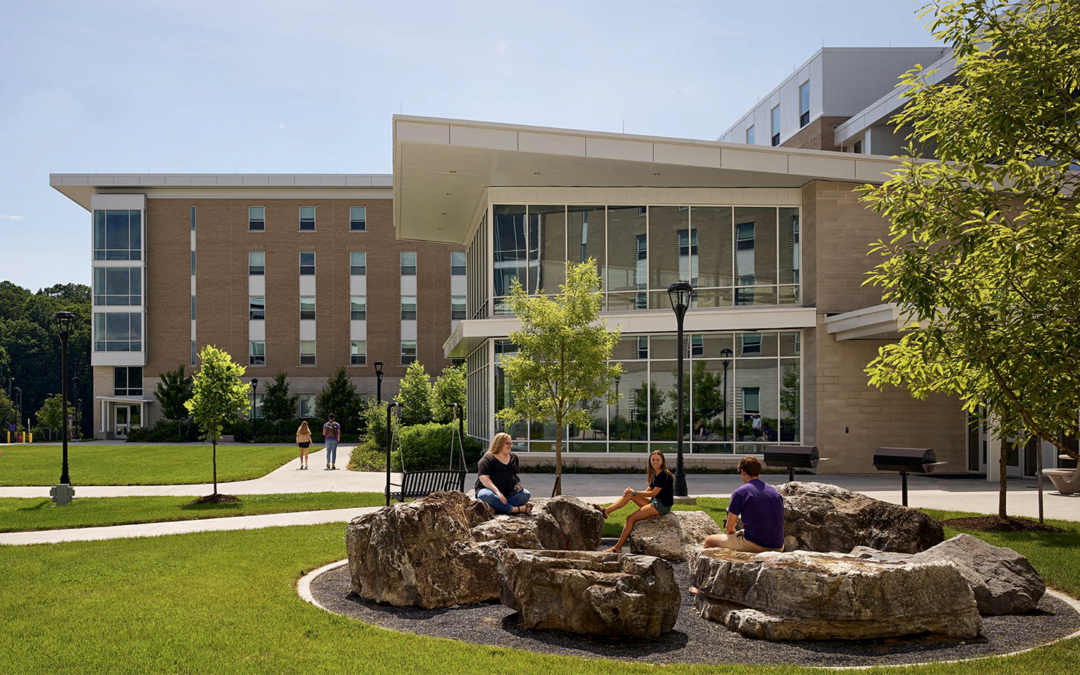
David Lehrer December 18, 2023
The 2023 Livable Buildings Award has been awarded to VMDO Architects for their Paul Jennings Residence Hall, a 500-bed student housing facility at James Madison University completed in 2019. This project is the first residential building to be recognized by this award program, held annually since 2007. The awards also recognized the Bay Area Offices for SERA Architects with an honorable mention. SERA designed a full-floor office in a historic building in downtown Oakland, Calif., with a focus on creating a flexible and healthy workspace.
More
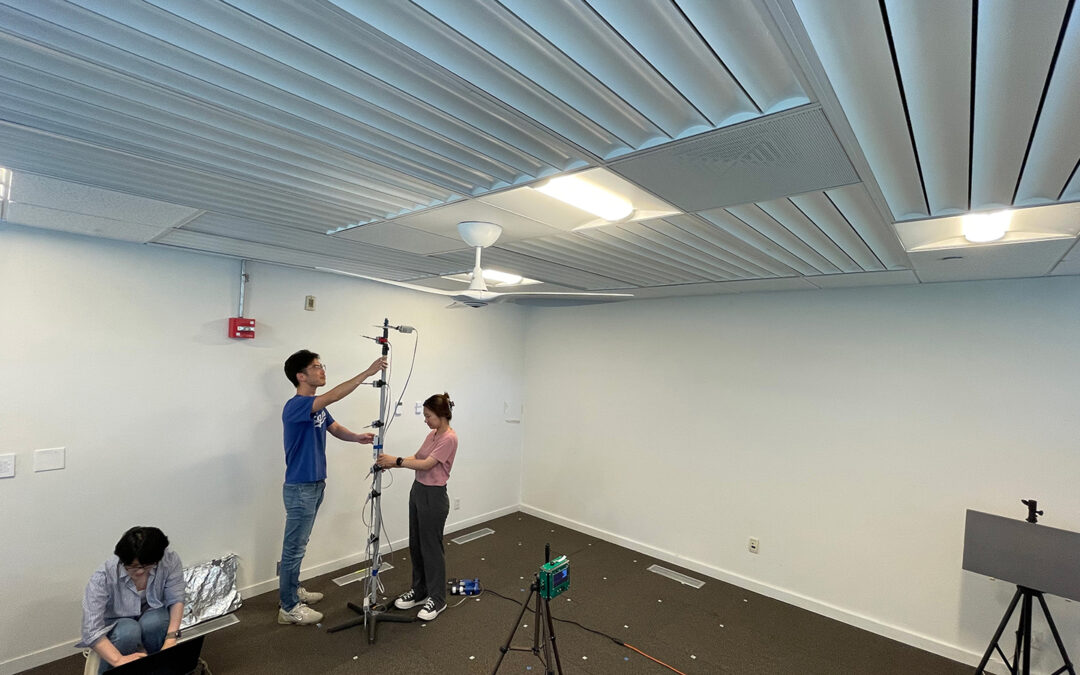
David Lehrer November 6, 2023
CBE’s controlled environment chamber has been used for research leading to hundreds of journal papers, including keystone work related to human response, indoor environments and mechanical systems in buildings and automobile cabins. A major renovation was completed this fall, updating obsolete systems and failing equipment that was hindering important research operations. This milestone was celebrated in a ribbon cutting ceremony and happy hour before CBE’s fall Industry Advisory Board meeting. In this post we acknowledge the recent contributors, and discuss past work and future directions.
More
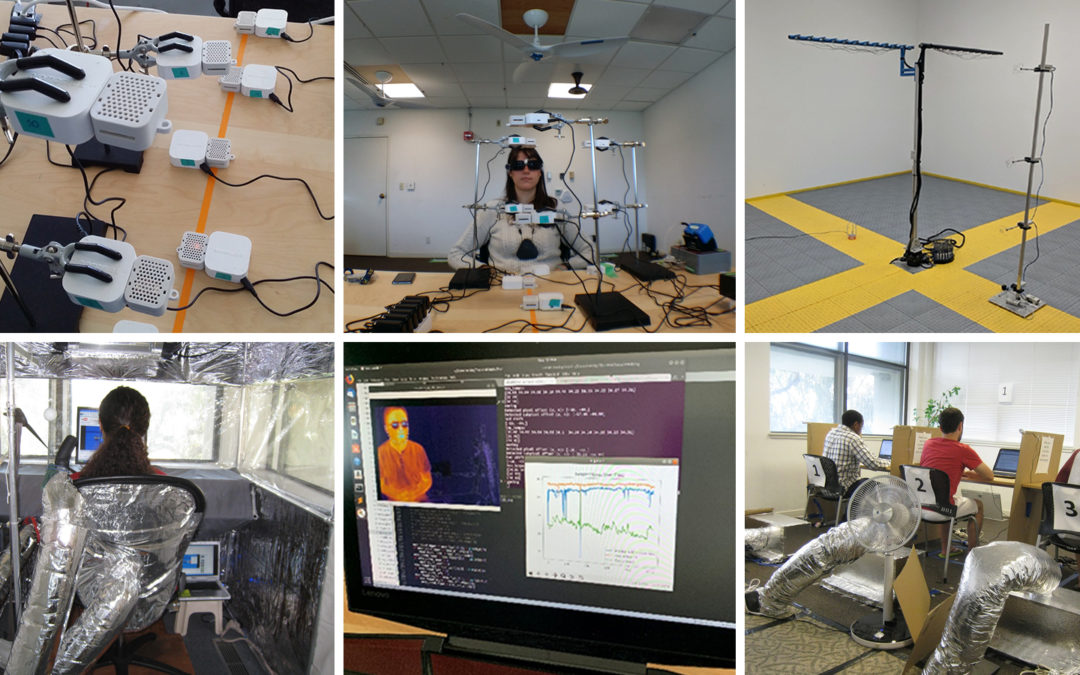
Centerline Team October 29, 2023
CBE is one of 30 research testbeds supporting the California Test Bed Initiative, a lab-based commercialization development program for innovators and entrepreneurs working to bring early to mid-stage clean energy concepts to market. CalTestBed will award vouchers worth up to $300,000 to test and validate candidate technologies at one of nearly 30 testbeds across the UC system and Lawrence Berkeley National Laboratory. Under this program, CBE has completed voucher-based research for two emerging cleantech companies.
More

David Lehrer September 19, 2022
Wildfires in the western United States have been increasing in frequency and magnitude in recent decades, resulting in poor air quality that constitutes a major environmental risk factor for human health and mortality. Researchers at CBE have created a novel software tool for smart thermostats to improve the air quality inside homes at times when outside air becomes unhealthy during wildfires.
More

David Lehrer February 15, 2022
The results of a new study challenge an industry standard which cited an optimal indoor temperature to improve work performance. The study followed the methods of previous research, but used additional data and rigorous statistical methods. The results found no evidence for a relationship between work performance and temperatures commonly found in offices, and none that should be adopted as an industry recommendation.
More
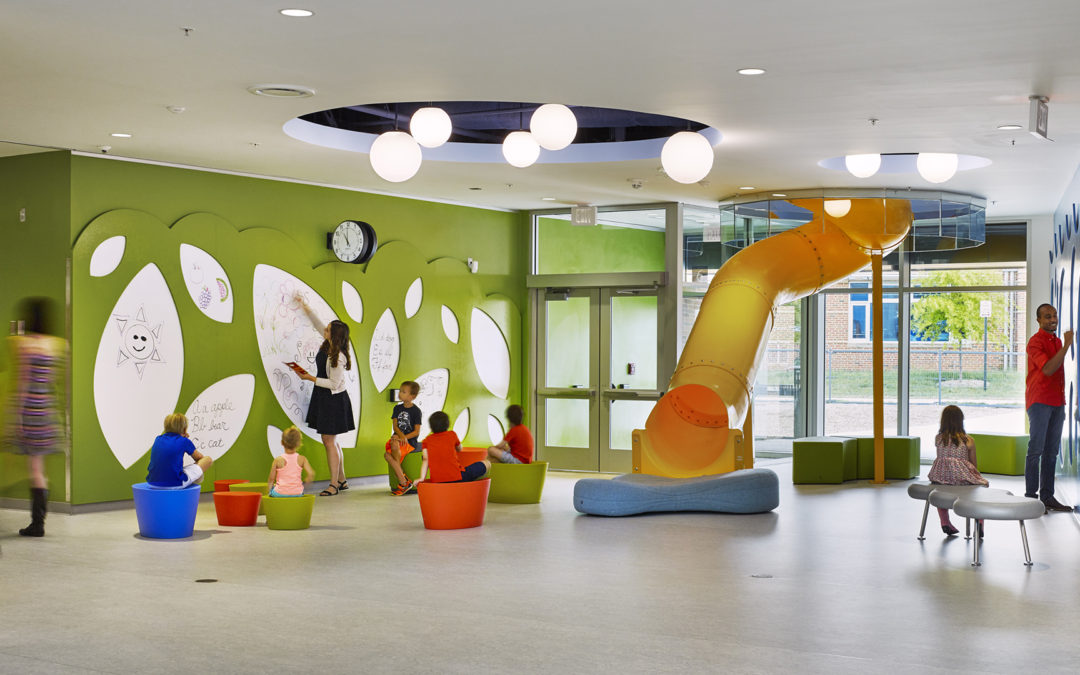
David Lehrer December 10, 2021
Discovery Elementary School in Arlington, Virginia, has earned the 2021 Livable Building Award from UC Berkeley’s Center for the Built Environment. A program jury from CBE’s building industry consortium lauded how the “purposeful design of the building supports students and teachers by creating a diverse learning environment with seemingly endless ways to engage students.” The project is also one of the first certified zero-energy building schools nationwide.
More
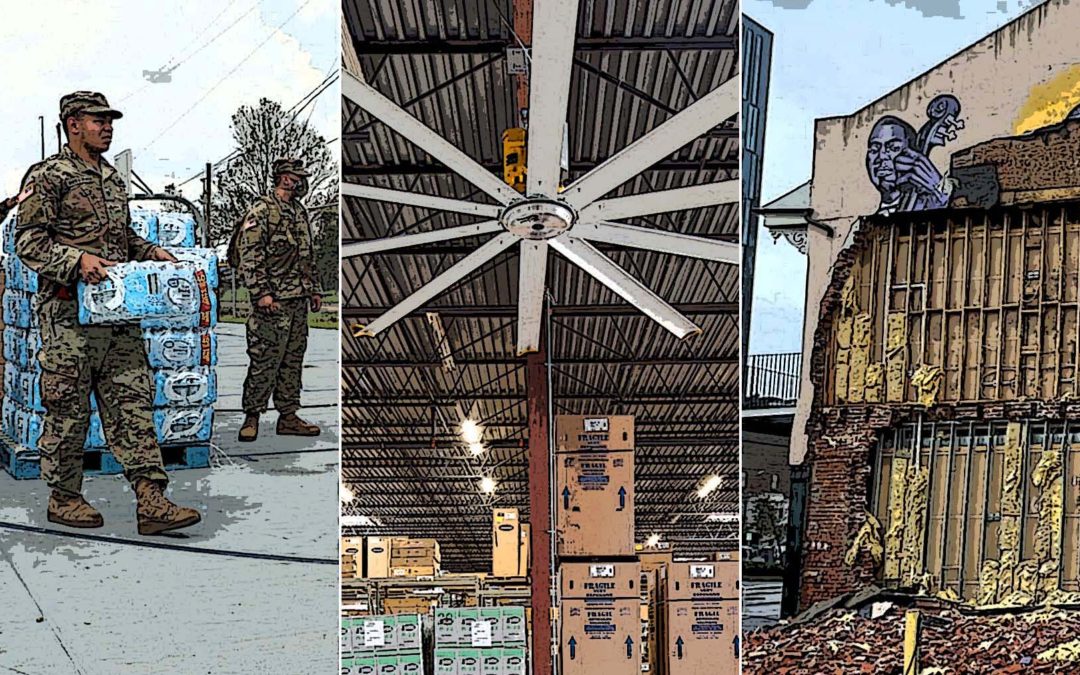
David Lehrer November 17, 2021
Hurricanes, wildfires, and floods produce dramatic images of destruction, but heatwaves cause more deaths in the U.S. each year. Research and new tools help us understand how fans can provide resiliency during extreme heat events. Fans may use 10 to 100 times less energy than air conditioning, reducing the impact on power grids during these events.
More

Edward Arens August 20, 2020
Imagine an ice cream parlor that offers only one flavor of ice cream, one chosen by scientists based on what an ‘average’ person wants. While this idea seems absurd, a similar logic has been used in establishing standards for thermal comfort in buildings. A group of CBE staff, industry partners and others have developed a revision to thermal comfort standards that acknowledges the variability in human comfort preferences.
More










